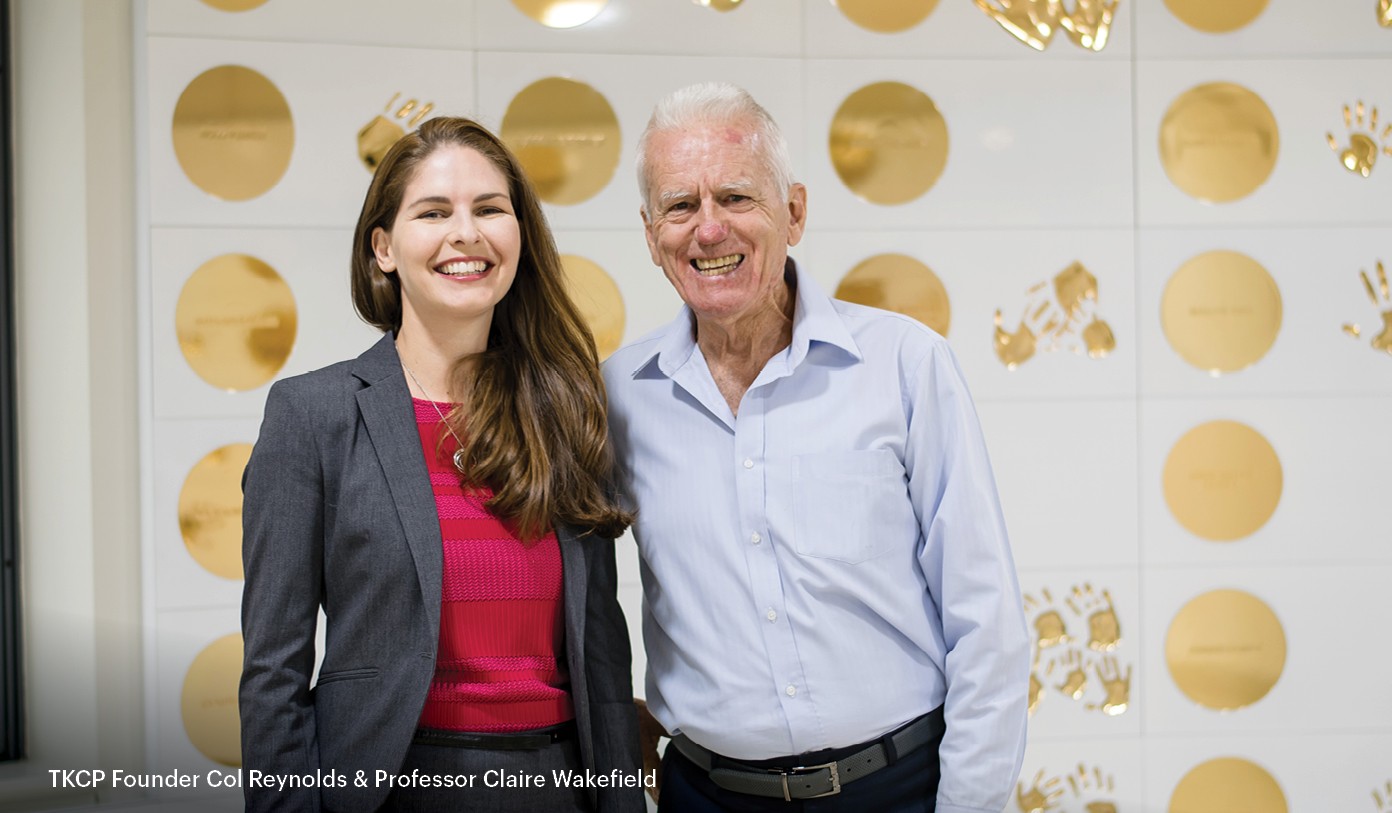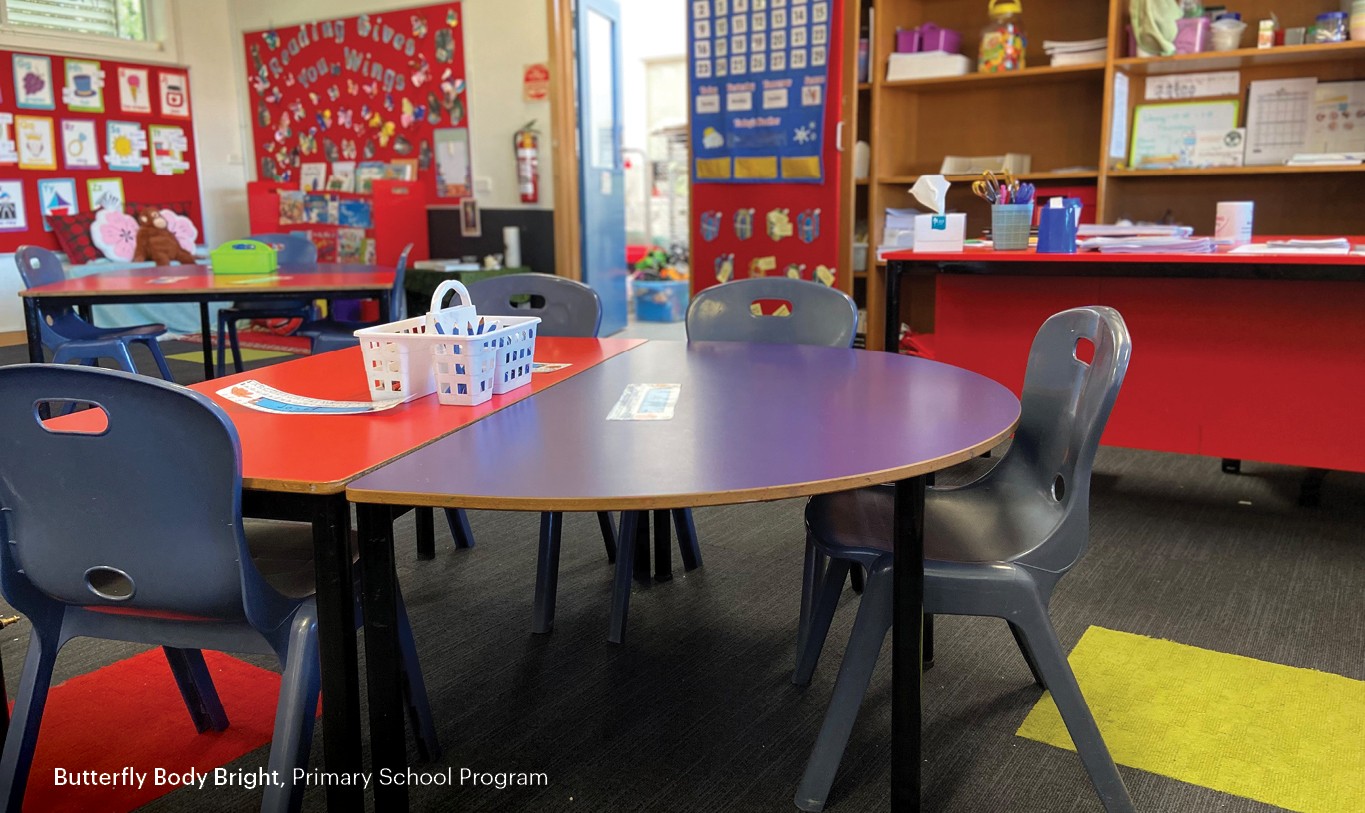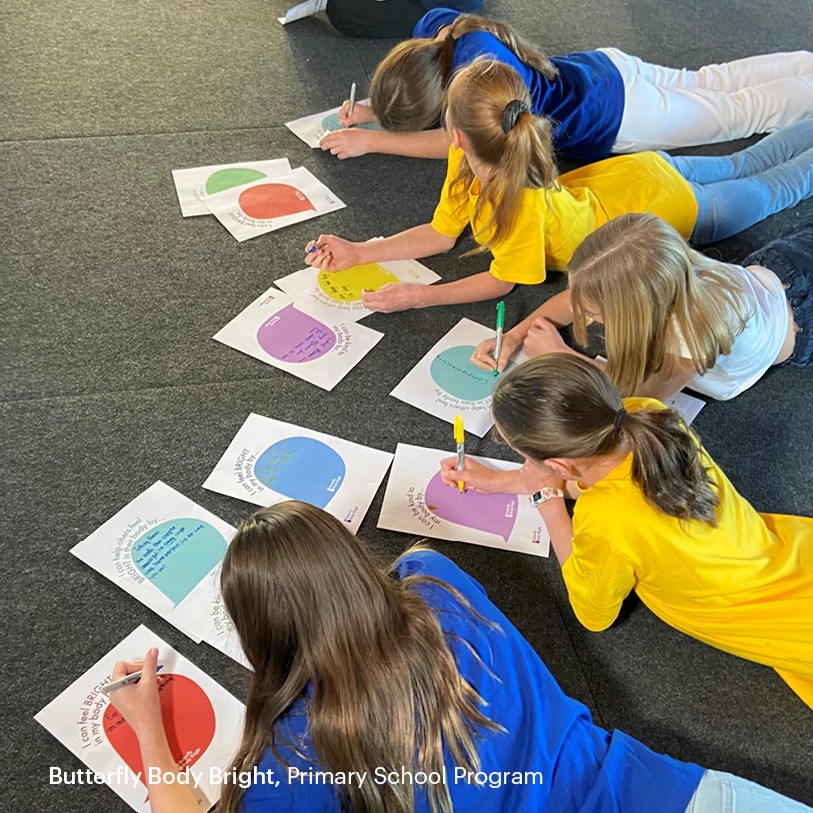Engaging with survivors
Although 86% of children diagnosed with cancer survive, their health isn’t always completely restored. Almost all (98%) will develop a chronic illness from the intense treatments their growing bodies and developing organs are exposed to. That’s why long-term follow-up care is critical.
Unfortunately, a recent survey revealed more than half of childhood cancer survivors have disengaged from survivorship care. While there are many barriers to receiving care, distance and lack of facilities are among the top. There are only eight clinics across the country to service more than 20,000 survivors – and only one of those eight can provide ongoing care into adulthood. The current catchment area for these clinics ranges up to 3,000kms.
Professor Claire Wakefield, Head of the Behavioural Sciences Unit of the Kids Cancer Centre at Sydney Children’s Hospital, collaborated with TKCP to develop a targeted program that reimagines how survivors receive care – ensuring everyone can receive the post-cancer care they need to live a long, healthy life.
Re-engage is an evidence-based care program that uses state-of-the-art e-technology to overcome some of the barriers of distance. It pairs a patient with a nurse who conducts a comprehensive health assessment, including an overview of medical records, then presents the results to a multi-disciplinary panel.
The panel develops a tailored treatment schedule and provides detailed recommendations to the patient’s GP. Continued support from the nurse and the GP empowers survivors to access ongoing care and actively manage their health.
FDC’s Melbourne Cup luncheon in 2016 raised funds to help build a case for Re-engage and help Professor Wakefield and TKCP roll out the program.
“It’s amazing to think that while enjoying the 2016 FDC Melbourne Cup lunch, participants have created such a lasting impact,” says Owen Finegan, CEO of TKCP. “FDC’s $200,000 commitment has now led to over $2 million being invested into the program to engage survivors and ensure they have a quality of life that we all take for granted.”
“The program has equipped young survivors and their parents, who had limited access to cancer follow-up care, with the skills and information to cope with health challenges that follow cancer treatment.”
Re-engage continues to deliver its important services through trial programs, with the next one focusing on supporting brain cancer survivors. The Re-engage-Brain program will be implemented at Sydney Children’s Hospital, Westmead Children’s Hospital and Perth Children’s Hospital.
“Without the support of FDC and TKCP, none of this work would have been possible. It is so heartening to hear feedback from survivors, for many of whom Re-engage has been the only avenue they’ve had in many years to address their health needs. I cannot wait to see the results from the next major trials, before we work towards implementing Re-engage nationally, so that all survivors can benefit, no matter where they live.”
– Professor Claire Wakefield

Making bodies BRIGHT
Children who feel good about themselves are happier, healthier and more confident. Developing a positive body image is important for all children, and it starts in early childhood and continues into adolescence.
Sadly, approximately half of pre-adolescent girls, and increasingly pre-adolescent boys, experience dissatisfaction with their bodies, according to the Butterfly Foundation. This can impact children’s mental and physical health and increase their risk of developing an eating disorder.
The Butterfly Foundation has developed a primary school program, Butterfly Body Bright to help families, schools and communities foster a foundation of positive body image in childhood.

Butterfly Body Bright is currently a free program for primary schools that aims to empower kids to be brave, resilient, inclusive, grateful, happy and thoughtful in their bodies through an evidence-based curriculum. It offers strategies for developing a positive school culture, training for staff to increase their knowledge about body image in children, age-appropriate lessons and activities, as well as resources for families.
“Everything we do is personal, and this one really gets to the heart of a number of people in the business,” says FDC team member Ashley Nicholson.
FDC’s 2018 luncheon supported the launch of the Body Bright pilot.
114 children from years four to six and 12 teachers participated in the pilot, leading to instant results for some students – 54% reported an immediate increase in feeling happier toward their body after one lesson.
Thanks to the success of the pilot, the program launched on 20 July 2021, with 130 schools already implementing it into their school community. Additionally, 371 staff from these schools have registered to complete the staff training.
“When we reflect on the last couple of years in developing a program, it’s really provided us with the opportunity to create something amazing for primary schools,” says Body Bright Manager Dr. Stephanie Damiano. “It’s a really comprehensive resource that schools have never had access to.”
Butterfly Body Bright hopes to bring its program to primary schools all over Australia to help kids feel bright in their bodies.

Visit Butterfly Body Bright’s website or watch their promotional video to learn more.


